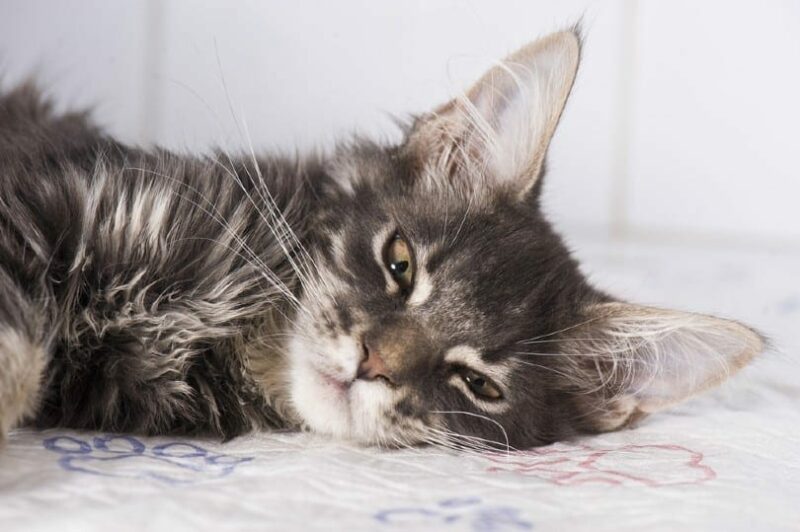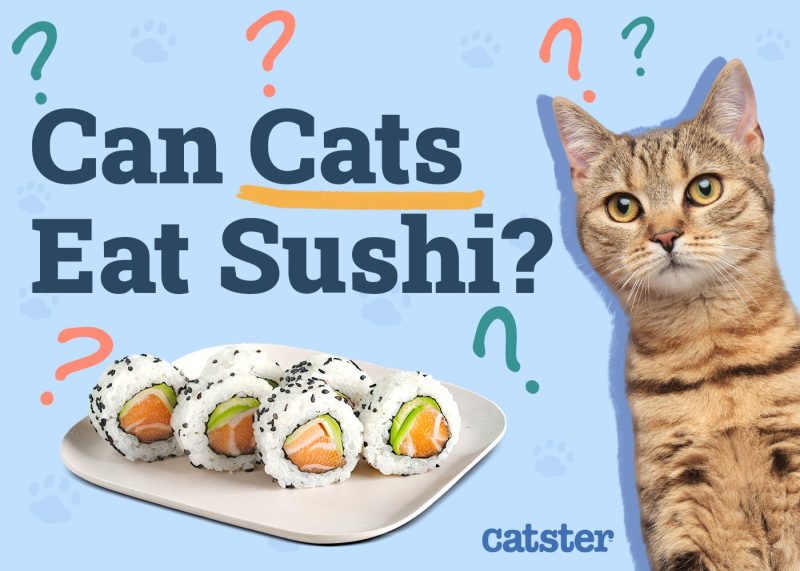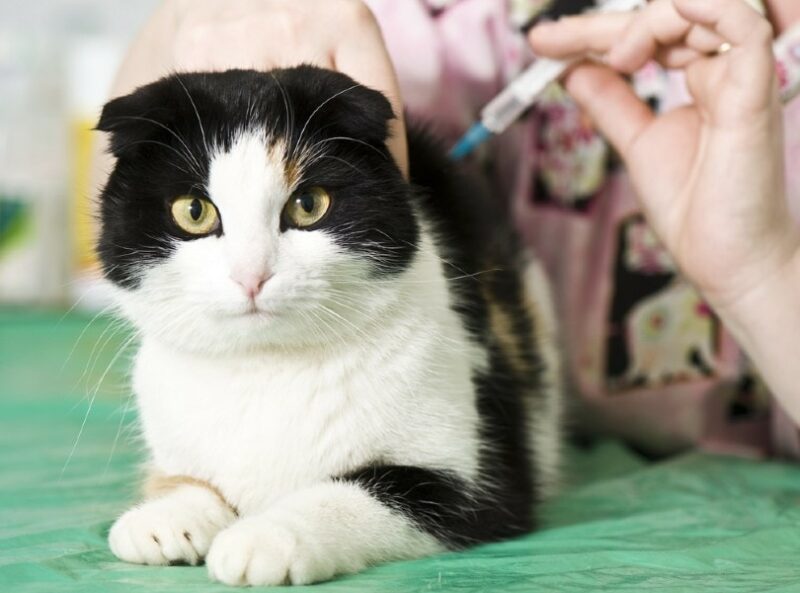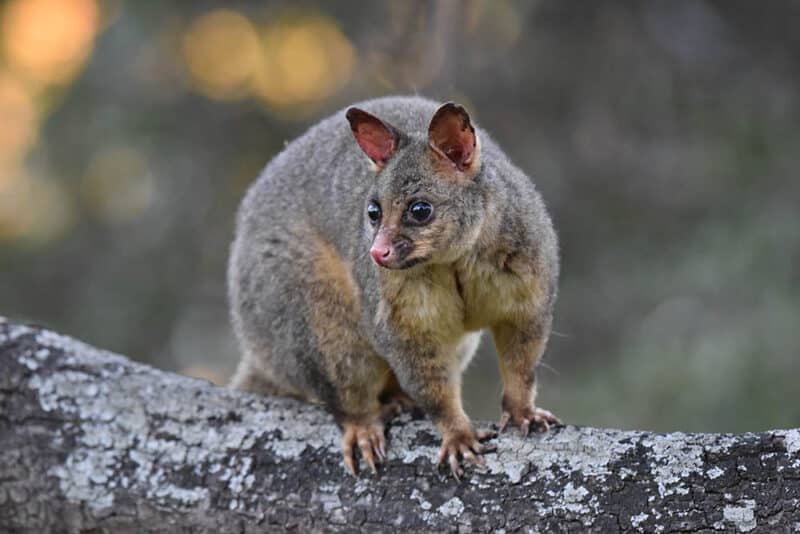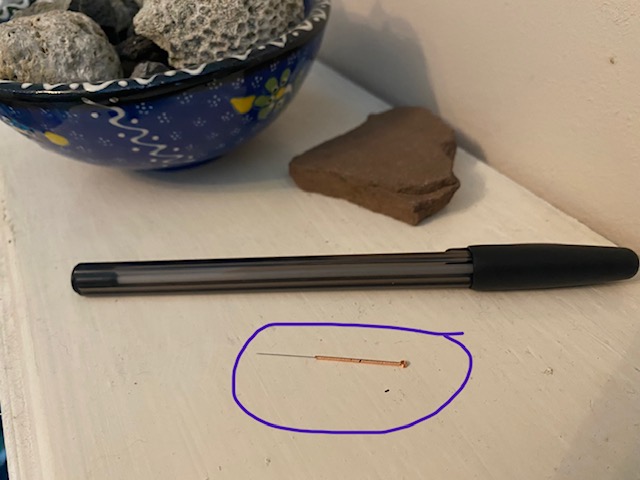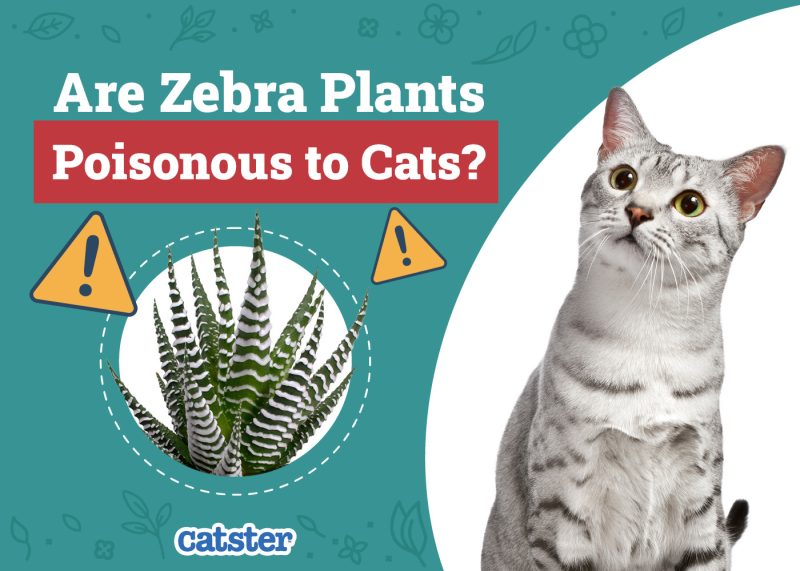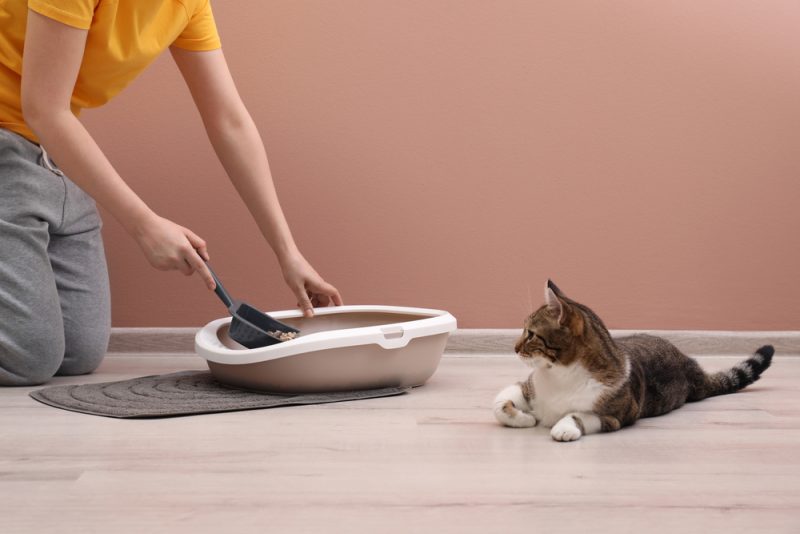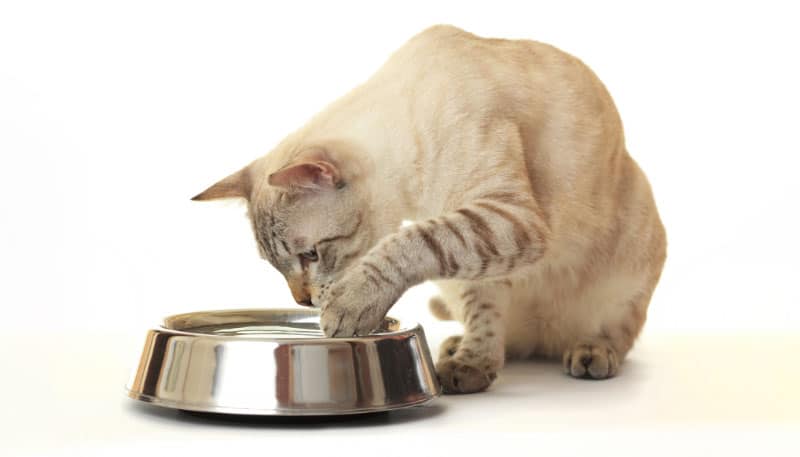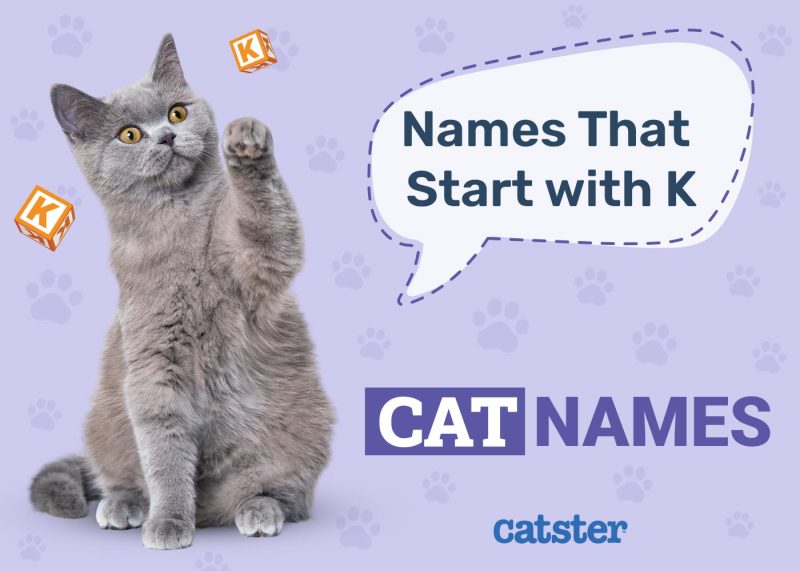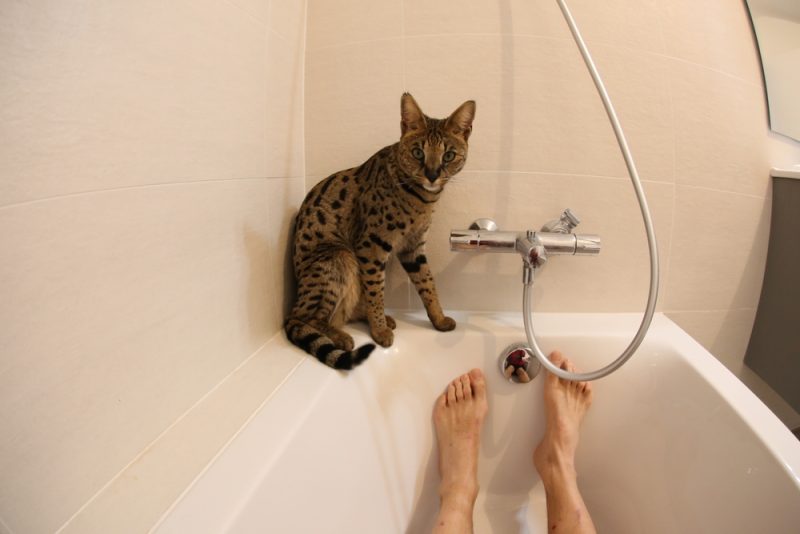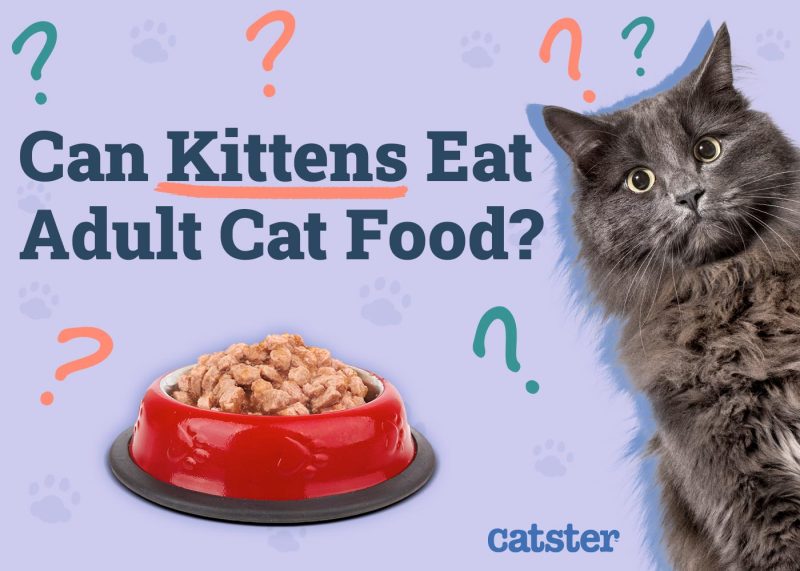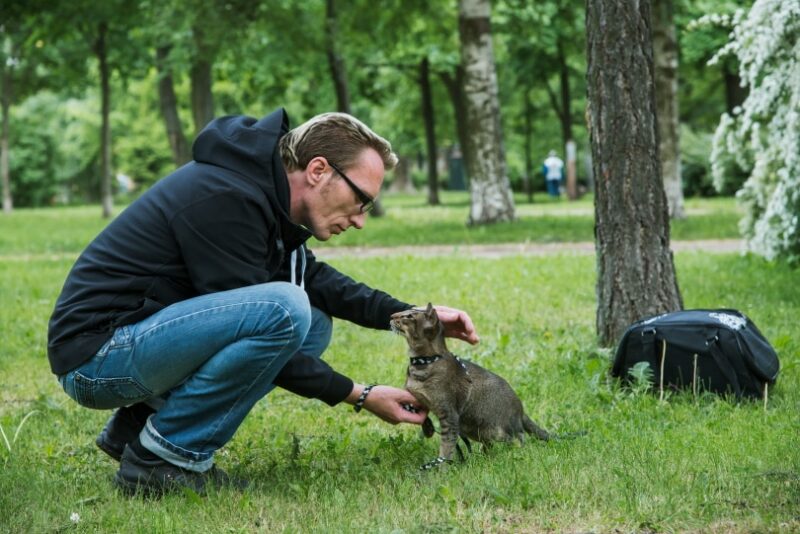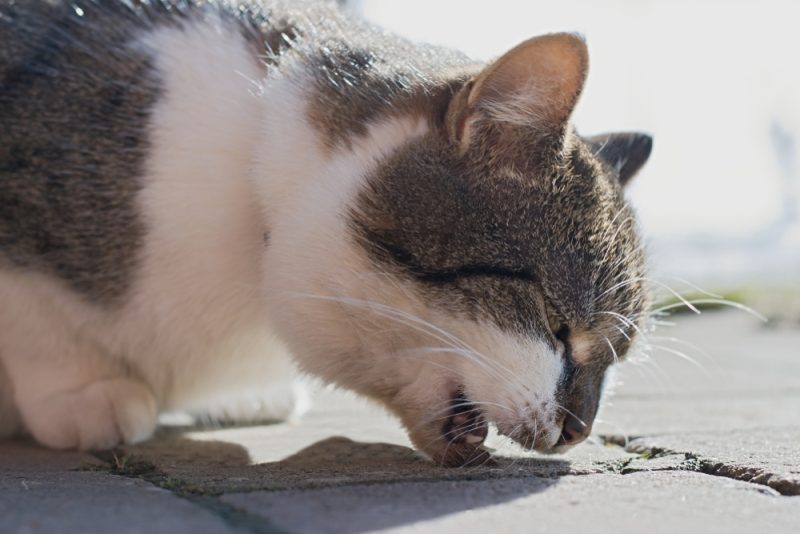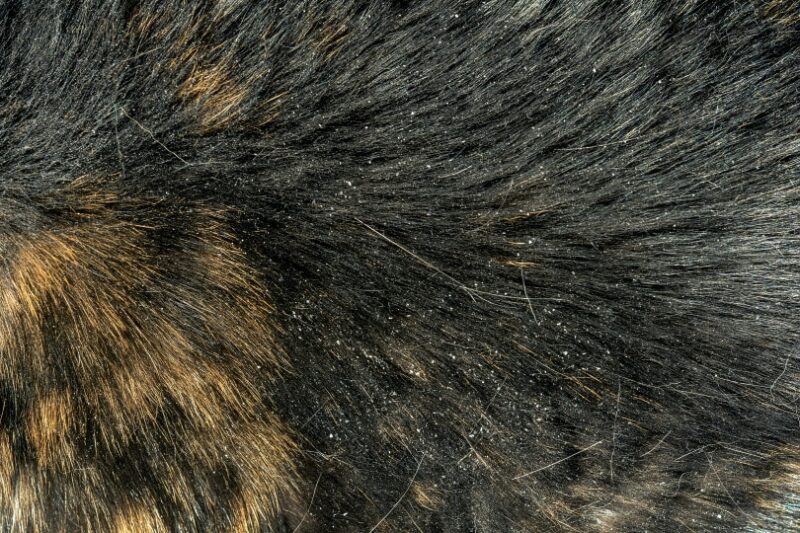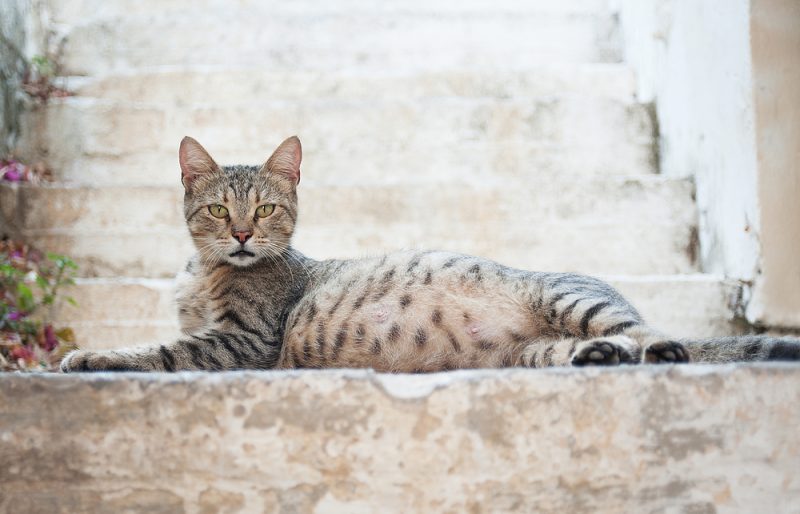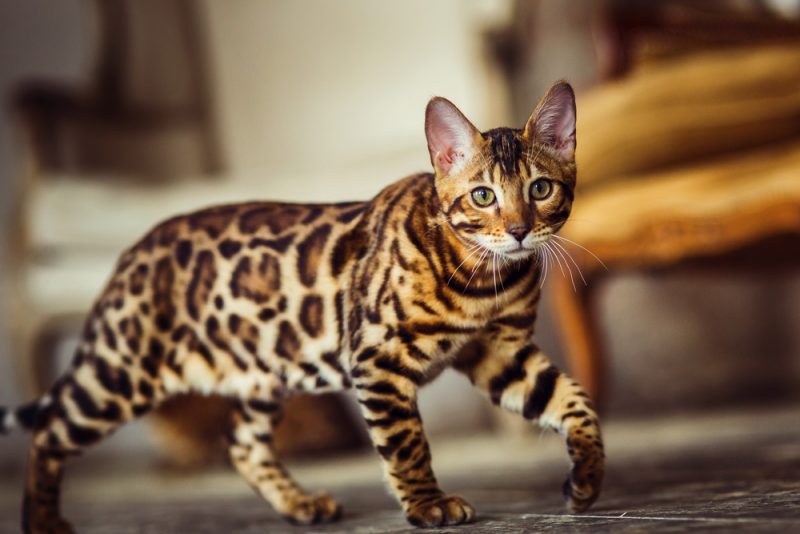Unfortunately, losing our pets is one of the many things in life that owners will have to face. Aside from saying goodbye to our feline companions, is it essential to know what their behaviors are like before they go? Maybe knowing and understanding the death process can help you cope and accept that this occurs when the time comes.
If you have heard that cats purr when they’re dying, you might want to know if this has any truth. And if it does have truth to it, is it a signal that they are feeling peace? We’re here to explain what it might mean if a cat is purring while they die and if purring indicates impending death.

Cats Reaching the End

When your cat is nearing the end of their life, purring can be a part of the process. It is unlikely to be the only sign that their time is approaching. However, if your cat exhibits some other symptoms, you may know very well that they are reaching the end of their days. Cats will show a series of behaviors that vary from cat to cat.
Each cat and circumstance is different but it is normal for some cats to purr in their final minutes.
You might be concerned. It’s perfectly understandable to worry in these circumstances, especially if you’ve had a similar scenario play out in the past with another feline friend.
It’s also not uncommon when cats are being put to sleep to hear them purring as the medicine takes effect.
Impending Death Symptoms in Felines
If you’re concerned with purring, it’s best to look for other indications that death might be a realistic possibility.
- Weakness
- Stopping eating or drinking
- Low basal temperature
- Isolation
- Appears generally unwell
If you notice any of these symptoms in addition to excess purring, it’s best to get them to the veterinarian right away and prepare for the possible outcome.
If you need urgent veterinary advice, consult a vet online.
If you need to speak with a vet but can't get to one, head over to PangoVet. It's an online service where you can talk to a vet online and get the advice you need for your pet — all at an affordable price!
Some Cats Prefer Being Alone
If your cat knows that they are nearing the end of their life, you might notice that they gravitate towards rooms where no one is at the time. They might go off in a corner or become more aloof. You might not see them greet you or come out of a hiding spot.
If you feel that your cat is dying or you have confirmed this with your vet, it’s often best to have them euthanized to avoid any suffering. However, if that is not possible, it’s necessary to make them as comfortable as possible. If they don’t want to be bothered, you should allow them to have their space so they can find their peace while transitioning.
Power of the Purr
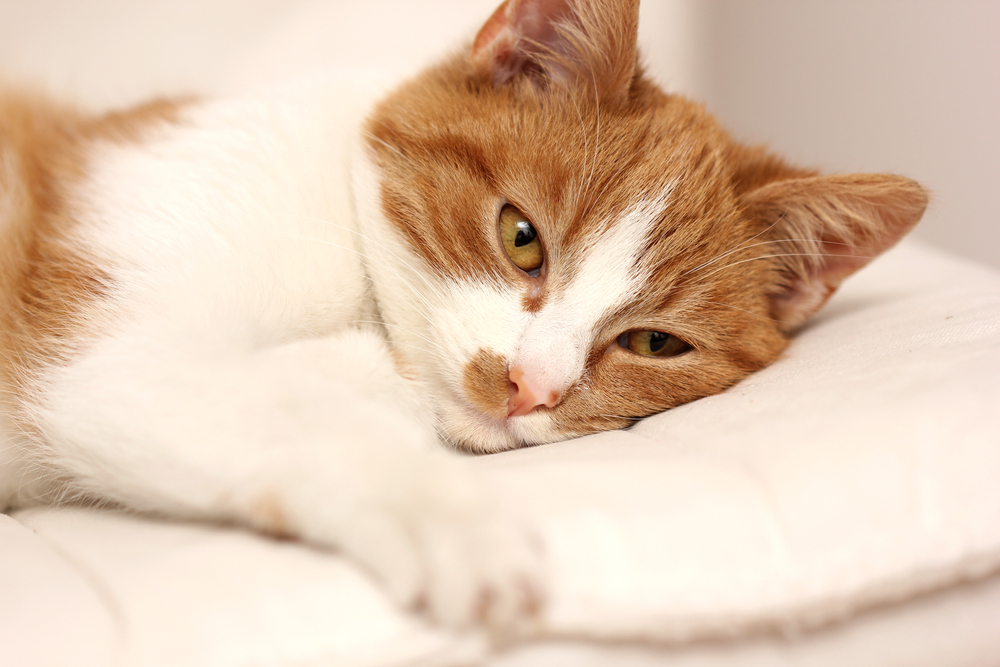
It’s really important to understand why cats purr to begin with. It is a common misconception that cats only purr to show pleasure. While that’s very true, it can also speak volumes about many different areas of their life.
In addition to showing pleasure and happiness, your cat can purr to communicate a variety of emotions that they might be feeling. Generally, they can purr to show nervousness, affection, pain, and discomfort.
You might wonder why a cat would purr if they were feeling pain. Well, it might seem odd, but a cat’s purr is a very powerful thing. So powerful that in ancient Egypt, they considered a cat purr to have healing powers. Despite this exaggerated concept, there is some scientific truth behind it.
According to Scientific American, cats emit purrs of low frequency, which has healing properties and can also calm your cat in stressful situations. Because a cat’s purr has healing properties, they are thought to use it as a way to soothe and calm themselves and possibly those around them.
Science is still studying cat purrs to understand the frequency, vibration, and effects on the cat and their humans.
Here’s a little about purring so you can understand this behavior better.
It Indicates Happiness
Of course, most commonly, your cat is probably purring to show happiness. After all, they love spending time with their humans. Purring is a very affectionate vocalization they share with those they care about. And you just so happen to be lucky enough to have that rapport with your kitty.
Your cat might see you and start purring because they know you’re going to fill their food bowl. They know they’re going to get chin rubs, and an array of other things. You can spark a reaction in your cat by simply patting them on the back or passing them in the hall.
Every cat is different regarding what situations make them purr—and how loud their purr is. Some cats show happiness vocally more than others. And there’s nothing wrong with that.
They Could Be Wanting Something
We all know that your cat will practically hunt you down, rubbing against your legs and purring because they want attention. Usually, it’s really easy to tell when they want something because they will be invasive, weaving between your legs or getting in your way.
They can even jump on counters to try to get up to your vision so that you respond accordingly to what they’re trying to communicate. Perhaps they think if they are overzealous with you, you will snap to it and fulfill whatever they request.
They Use It as a Coping Mechanism
Your cat can also purr as a coping mechanism. If they are in pain or suffering in any way towards the end of their days, you might notice excess purring. This inborn instinct can help your pet to soothe themselves as needed in their last hours.
However, even cats that are not dying can use this method to cope with physical pain, emotional stress, and other troubling environmental factors.

Conclusion
So now we can speculate that cats can purr for numerous reasons, and you can’t pin it down to just one thing. Purring is extremely common as your cat dies because they are trying to calm themselves and reach a state of peace or relaxation. It’s a perfectly normal phenomenon, but it doesn’t necessarily mean your cat is actively dying.
To know for sure, it’s best to take your cat to the veterinarian for evaluation. If you know that this is the last time you’ll spend with your kitty, make the most of it and embrace the positive way they cross over the rainbow bridge.
Featured Image Credit: Kachalkina Veronika, Shutterstock
